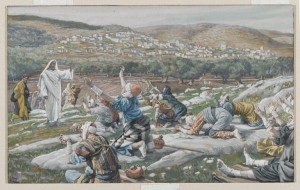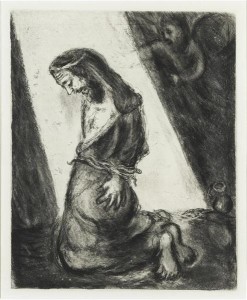Matthew 18:15-20
This text is used for the Lectionary Year A on September 10, 2017.
 When you looked in a mirror this morning, what did you see? Mirrors help us see what we can not see for ourselves. In the New Testament, the mirror is a common metaphor. Paul tells the church in Corinth that God sees us fully and knows us fully, but we can only see dimly. What he’s saying is that we can not fully see ourselves and God as God sees. Then later in the second letter, he tells the Corinthian church that this process of seeing God’s essence in the mirror, even though not fully, still transforms us. James, in a similar way, uses the metaphor of a mirror for how Scripture shows us how to move our faith into the realm of practice.
When you looked in a mirror this morning, what did you see? Mirrors help us see what we can not see for ourselves. In the New Testament, the mirror is a common metaphor. Paul tells the church in Corinth that God sees us fully and knows us fully, but we can only see dimly. What he’s saying is that we can not fully see ourselves and God as God sees. Then later in the second letter, he tells the Corinthian church that this process of seeing God’s essence in the mirror, even though not fully, still transforms us. James, in a similar way, uses the metaphor of a mirror for how Scripture shows us how to move our faith into the realm of practice.
This week’s gospel text in the Lectionary does not explicitly use a mirror metaphor but shows us how we need each other to see ourselves. Matthew 18 is commonly used as a text for conflict management, understood from the perspective of the victim. If you are a victim of someone’s violation, confront them in person rather than through gossip. Do this first individually, then with witnesses, then with the greater community. The conflict management is an appropriate reading of the text.
What if we were to read the text from the perspective of the violator? How do we know when we have hurt someone? Do we welcome a healthy feedback loop? Who do we trust in our lives as mirrors to show us when our unhealed trauma spills onto others? This is an alternate reading of the text that can provide healing to our blind spots.



